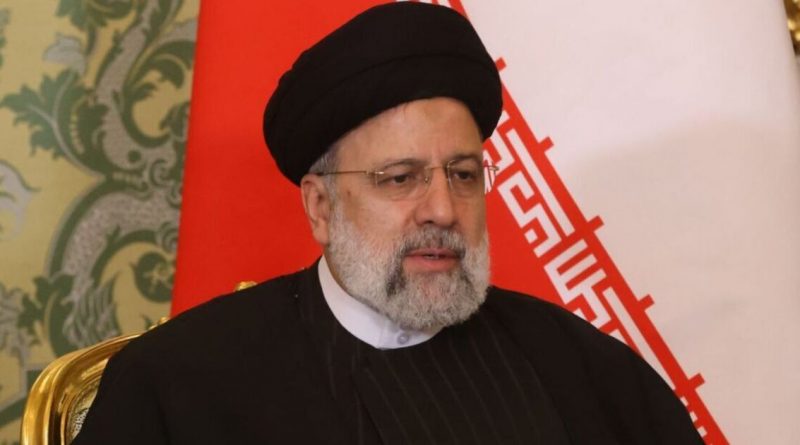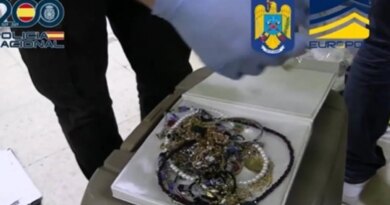WW3 warning as Iran ‘minutes away’ from nuclear capability | World | News
Iran is “within minutes” of developing a nuclear capability and the country “mad enough to use it”, the UK government has been warned.
WW3 fears are rising, as are concerns about Iran’s nuclear program after it launched drone and missile attacks on Israel over the weekend.
Peers in Westminster have tackled the Government on taking its eye off Iran since the US withdrew from the Iran nuclear deal, the Joint Comprehensive Plan of Action (JCPOA), in 2018.
The deal, originally negotiated by Barack Obama and signed by the permanent members of the UN Security Council, imposed restrictions on Iran’s nuclear facilities in return for dropping sanctions against the country.
During a debate in the House of Lords about Iran’s attack on Israel, independent crossbench peer Baroness Deech said: “We seem to have forgotten about the nuclear plan, the JCPOA, we’ve taken our eye off that.”
She added: “Iran is within minutes of getting nuclear capability and mad enough to use it.
“We must return to sanctions and, if you are not going to ban the IRGC (Islamic Revolutionary Guard Corps), then at the very least, visas should not be granted to those clerics, so-called, that go forward and backwards between Tehran and London and ferment trouble in London.”
Lady Deech, a bioethicist with a Jewish background, urged the Government to do something to tackle the “flow of malevolent individuals into this country”.
Former Tory Cabinet minister Lord Forsyth added that, if he were in Israel, he would “be worried that this evil regime (Iran) is developing a nuclear capability”.
He said: “No-one in Israel can sleep in their bed safe at night knowing that this regime might have the capability of developing nuclear weapons.”
The Leader of the House of Lords, Lord True, acknowledged that the objective observers in Iran suggest that they may be building a nuclear capability.
He said there is “no credible civilian justification” for the enrichment levels reported by the International Atomic Energy Agency (IAEA).




